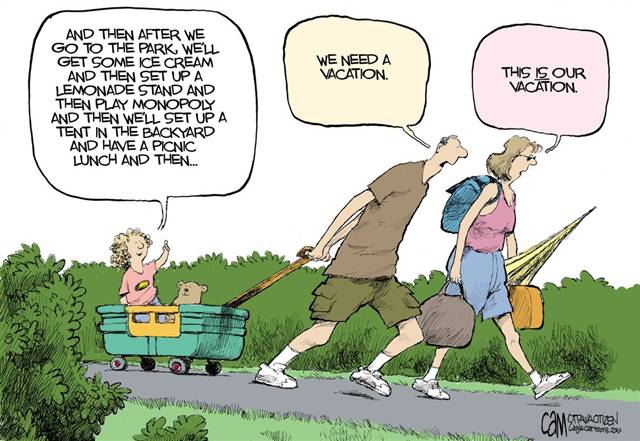I had a busy few days at World Travel Market at the beginning of this month. On Monday, I was moderating the WTM Travel Innovation Summit in Association with TTI and taking part in an Arabian Travel Market Roundtable. On Tuesday, I was running my Genesys Sessions seminars, non-stop from 10:30 to 17:30. Three speakers at the first four seminars covered the subjects of search engines, content, digital marketing and personalisation, then my own one hour seminar was on latest technology. Phew!
You can download many of the presentations from Genesys.
With all that input from my expert speakers and a walk around the tech stands on the Wednesday, it brought home to me that there’s a hell of a lot that forward-looking travel companies need to take-in if they are to succeed in the digital world. There were two areas, though, that I thought were most interesting. These are the “Two Ps,” Personalisation and Planning. Why these two? They are both elements of something I was talking about in the early days of the internet – intelligent agent software.
If you can remember far enough back (and correct me if I am wrong), you may recall a company called Autonomy based in Cambridge. It was founded in 1996 and its website featured a small dog that was used as a representation of a software agent. These were the good old dotcom bubble days. Autonomy floated on NASDAQ at £0.30 and saw its shares rise to £30.00 at peak. The company made some acquisitions and eventually it was taken over by HP at a share price of $42.11, valuing the company at around $10.2 billion. Check out Autonomy to see how the business has done. It looks pretty disappointing to me.
Intelligent agent software hasn’t happened. It held out the prospect of providing you with your own personalised software that would roam the internet on your behalf, collaborating with other agents, seeking to fulfil tasks that would have required you to spend a lot of time online doing your own research. Your agent would know your preferences, likes and dislikes, and so could plan the trip you would have planned yourself if you weren’t so time poor and money rich.
Even though intelligent software agents haven’t come to be, the personalisation and automated planning aspects are certainly starting to happen. I think that these are two of the most significant travel technology advances.
Firstly, personalisation. Amazon has long been heralded as a great role model for the way in which it personalises the web pages you are viewing. This is now happening in the travel industry, as well as increasingly sophisticated personalised communications. The exciting aspect is that this technology is becoming affordable for smaller travel companies, not just the biggest.
There were a couple of companies that spoke at my Genesys Sessions that come to mind. One, Psonify, is about personalising the offers displayed on web pages. This greatly increases the percentage of lookers who become bookers. Importantly, the technology is very simple to implement. The other is Thunderhead, offering a technology solution that enables a travel company to personalise all its customer communications whether these are voice, email, or printed letters. Both companies report that their early-in clients are finding that personalisation really works. In this age of escalating search engine marketing costs, getting more sales from existing contacts has to be vital to profitability. I will happily predict that one day, every travel company will be using automated personalisation.
Secondly, automated planning. Putting together a tour or multi-centre trip is hard work. Certainly, there are plenty of travel companies who can do this for you but, for a lot of people, planning the trip is one of the fun parts of travelling. The problem is that it can take so much time to assemble a complex itinerary of destinations, attractions to visit, places to stay, transportation to arrange, making sure it is all going to fit together chronologically that the fun can become a chore.
A new genre of travel technology has come to the fore in the last year that takes all the hard work out of complex trip planning. Some tech developers such as Inspirock are using their technology themselves to build an innovative travel business. Others, such as baraka Travel club’s Dynamic Traveller software, with its promise of booking a multi-centre trip in just four minutes, are allowing other travel businesses to use its software. These examples of automated planning allow travellers to plan complex trips incredible quickly whilst remaining fully in control of the itinerary. All the fun with none of the work!
The Two Ps are significant steps forward. Their aim is to make it a pleasure for our customers to purchase travel online. They are not intelligent agent software as I imagined it might be in 1996, but perhaps we are finally on the way to getting there.


